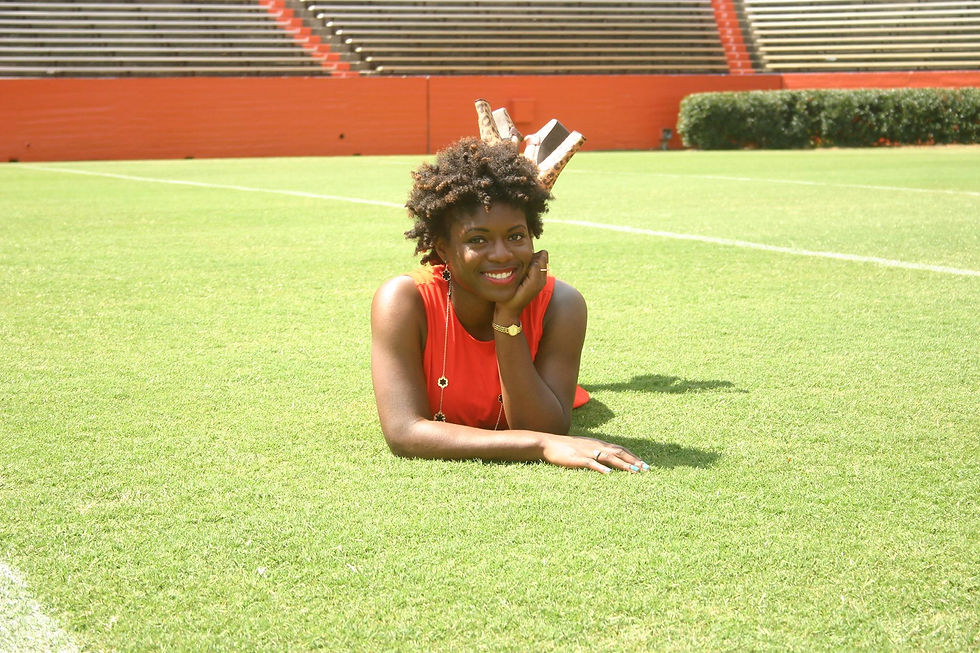


Michelle Hylton
Educator - Lifelong Learner


Math Philosophy
Mathematics is a subject that is often associated with the phrases, “Either you like it or you don’t.” or “There’s no in between.” This association has come with the begrudging thought that mathematical capabilities are something you either have or don’t. However, I believe that this is the farthest thing from the truth.
As both a lifelong learner and an educator, I wholeheartedly believe that every individual has the ability to learn and understand math. Yet, it is the responsibility of every educator to realize not only this truth, but also the truth that every individual learns in different ways and at different speeds. I believe that through an understanding of these ideas, an educator should seek to provide students with a learning experience that is differentiated to meet all student needs.
My philosophy for learning and teaching math is that math should be meaningful, challenging, and connected to students’ lives both socially and academically.
Growing up, math was a subject that I didn’t struggle with academically, but always thought it lacked engagement and meaning to my life. In reflecting, I see that I felt this way because I had teachers who strictly taught content based on the curriculum. In other words, they were teaching exactly what they were told and that only. For this fact, I learned math in a very rote way without any conceptual foundation. However, as I’ve taken classes in my teacher education program, I’ve come to understand that math is more than a right or wrong way of doing something. I believe that math concepts can be understood in a variety of ways, being that the “curriculum strategy” is not the only strategy! I desire that my students have understanding that is not built on memorization, but a clear understanding of the concepts that can be applied and modified to any situation.
My role is to help students understand math at a conceptual level. This conceptual foundation can be built through establishing a learning environment that is interactive and hands-on. An environment practicing those strategies can be created through collaborative group activities and the use of manipulatives that are applicable to authentic real-life scenarios. There is a wide range of manipulatives that can be used to help students understand a variety of math concepts. Through the use of manipulatives students will be able to interact with their learning and be engaged while learning, even in the face of difficulty. In order to ensure the meaningful application of manipulatives, I believe it is important that we first understand student background and environment. In doing so we can use examples and manipulatives that are relative to students which will lend to building student understanding that math is not just something done in the classroom, but in our everyday lives.
As an educator, I desire that my students see our learning community as a safe environment for them to take risks in that they know they will not be criticized but supported. As students develop self-confidence to take risk for the sake of their learning, they will persevere through difficult problems by making real-life connections and apply them to a variety of strategies. It is my ultimate desire that my students grow to view themselves as capable mathematicians.